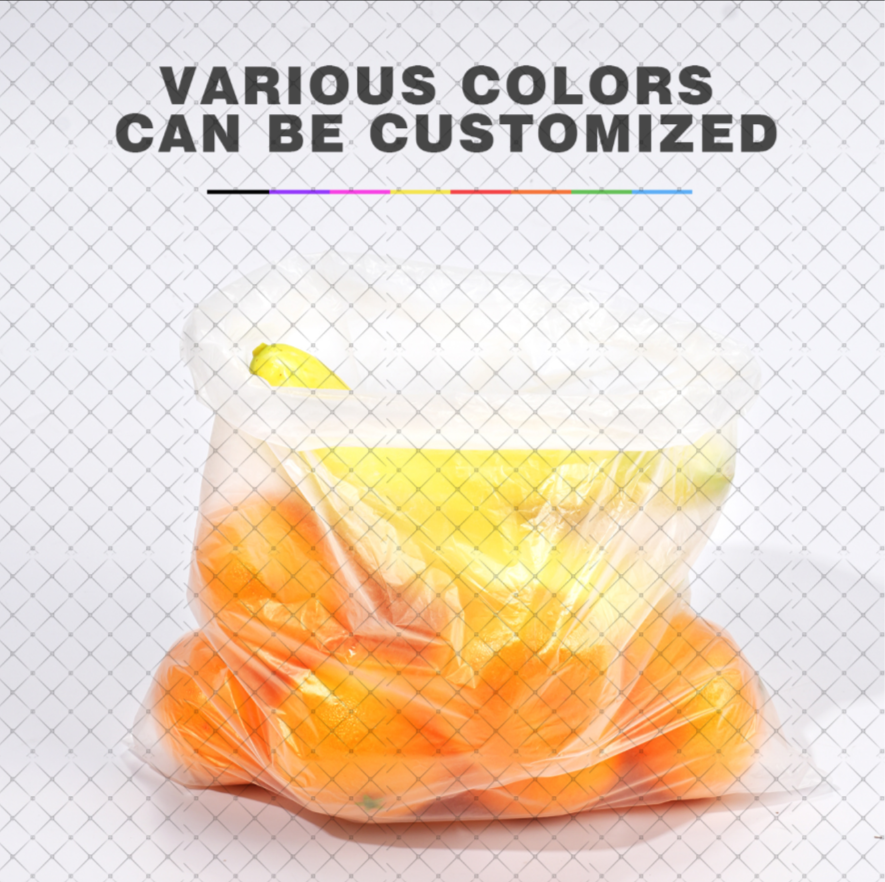Creative Uses for a Trash Bag in Everyday Life
The Life of a Trash Bag More Than Just Waste
In our fast-paced, consumer-driven society, the trash bag is a humble yet indispensable part of modern life. Often overlooked, this simple item plays a pivotal role in managing waste, maintaining cleanliness, and even shaping our environmental consciousness. While it may seem mundane, the journey of a trash bag—from its creation to its ultimate disposal—reflects broader issues concerning waste management, environmental impact, and social responsibility.
The Creation of a Trash Bag
Most trash bags are made from polyethylene, a type of plastic derived from petroleum. The production process begins with the extraction of crude oil, which undergoes extensive refining to produce plastic resin. This resin is then melted and formed into thin sheets, which are shaped, cut, and sealed to create trash bags. Although this process seems straightforward, it has significant environmental implications due to fossil fuel consumption and pollution associated with plastic production.
Moreover, the sheer quantity of plastic waste generated worldwide is staggering. According to recent statistics, millions of tons of plastic waste end up in landfills every year. As populations grow and urban areas expand, the demand for trash bags continues to increase, further straining our planet’s resources.
The Role of Trash Bags in Waste Management
Once produced, trash bags serve a critical function in waste management. They provide a clean and effective way to collect, store, and dispose of waste. Whether channeling kitchen scraps, office refuse, or yard waste, trash bags help contain materials that could otherwise attract pests or create unsightly messes. They are available in various sizes and types—kitchen bags, yard waste bags, and industrial-strength bags—all designed to cater to different needs.
In addition to their practicality, trash bags encourage responsible disposal habits. Many municipalities have implemented localized recycling programs that mandate the use of specific colored bags to distinguish between waste types. This differentiation helps residents become more aware of recycling practices and ensures that recyclable materials are correctly sorted.
a trash bag

Environmental Concerns
Despite their usefulness, trash bags pose a considerable environmental challenge. Most bags are single-use, often discarded after a single application. The majority of traditional plastic bags do not decompose, instead persisting in the environment for hundreds of years. This leads to a significant accumulation of plastic waste in landfills and natural habitats. It is an alarming reality that millions of marine animals and birds suffer and die due to plastic pollution.
Consequently, there is a growing movement towards the development of more sustainable alternatives. Biodegradable trash bags made from materials like corn starch and other organic compounds have emerged within the market. These bags can break down more quickly in a compostable environment, offering a less harmful option for conscious consumers. However, the effectiveness of biodegradable bags hinges on proper disposal methods and composting systems.
A Call for Responsibility
As individuals, we can take collective action to mitigate the impact of trash bags on our environment. Simple practices like reducing waste, recycling properly, and opting for reusable alternatives can make a difference. Many households are now employing systems that encourage waste reduction, such as composting organic materials and using designated containers for recyclables, thus minimizing reliance on trash bags.
In supermarkets, eco-conscious shoppers can choose from reusable shopping bags instead of accepting single-use plastic bags. Educating ourselves and others about the importance of waste reduction and recycling can inspire communities to make meaningful changes.
Conclusion
Trash bags may seem like a simple facet of modern life, yet their existence highlights critical issues surrounding waste management and environmental stewardship. As we continue to grapple with the consequences of consumerism and plastic pollution, it is essential to recognize our responsibility in fostering a cleaner, more sustainable future. By rethinking our relationship with trash bags and making conscientious choices, we can contribute to healthier ecosystems and a greener planet for generations to come.
-
The Best Uses for Small Trash Bags in Daily LifeNewsJul.01,2025
-
Stylish Reusable Grocery Bags TrendsNewsJul.01,2025
-
Shipping Advantages of Using Bubble Envelopes BulkNewsJul.01,2025
-
How Compostable Mailing Bags Reduce Environmental ImpactNewsJul.01,2025
-
Environmentally - Friendly Bulk Poly MailersNewsJul.01,2025
-
Eco Friendly Custom Laminated Tote BagsNewsJul.01,2025
-
Have the freedom of customizing your custom mailers any way you want! Our dedicated packaging support will help deliver you the mailing experience you need to elevate your shipping experience to the next level! Start making a strong impression on your customers and stand out from your competitors! -
LIYA uses high quality raw materials which directly purchased from large enterprises domestic and overseas such as PetroChina, Sinopec, Sabic, Equate, ExxonMobil, Dow Chemical, Total, and Borouge, ensuring the price advantage and quality of the raw materials. -
LIYA uses high quality raw materials which directly purchased from large enterprises domestic and overseas such as PetroChina, Sinopec, Sabic, Equate, ExxonMobil, Dow Chemical, Total, and Borouge, ensuring the price advantage and quality of the raw materials.





